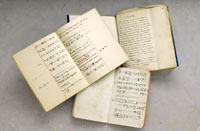
Jean-François Champollion
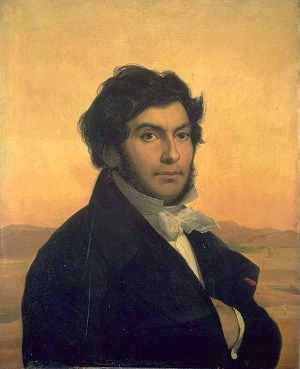
Among the many items in the Steindorff collection is a letter written by Champollion requesting a book to assist him in his research.
About Bridwell's letter by Champollion
| BRIDWELL HOME | SMU LIBRARY CATALOG | SMU ONLINE RESOURCES| SITE MAP | ASK US | HOURS |
|
BRIDWELL LIBRARY SPECIAL COLLECTIONS |

|
Jean-François Champollion
Among the many items in the Steindorff collection is a letter written by Champollion requesting a book to assist him in his research.
About Bridwell's letter by Champollion
|
| • About Us | • Reference and Research | • Circulation | • Special Collections | • Methodist Studies |
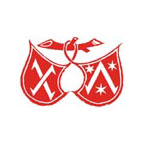 |
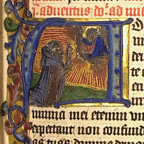 |
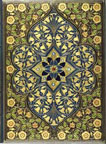 |
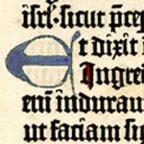 |
 |
| BRIDWELL LIBRARY |

|
|||